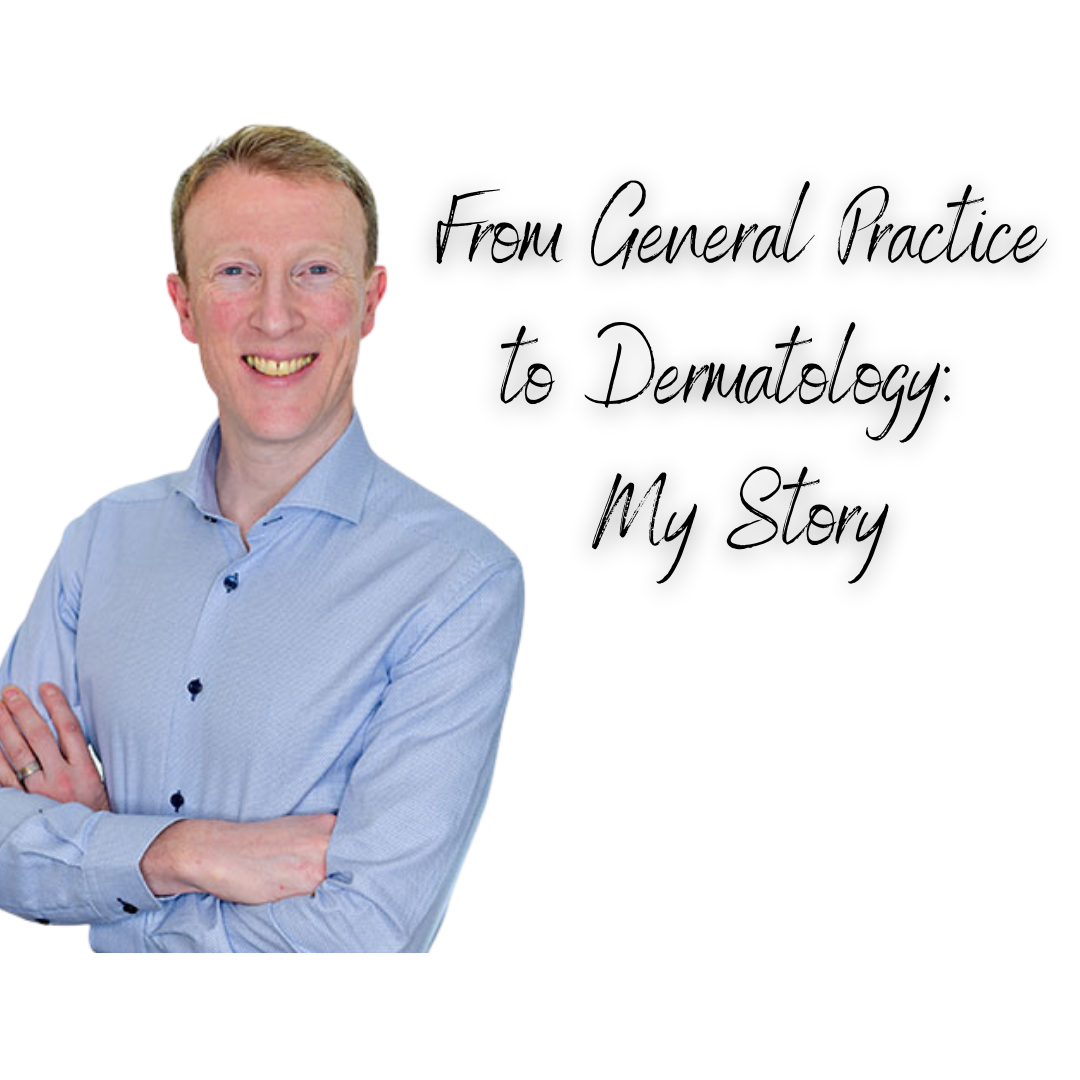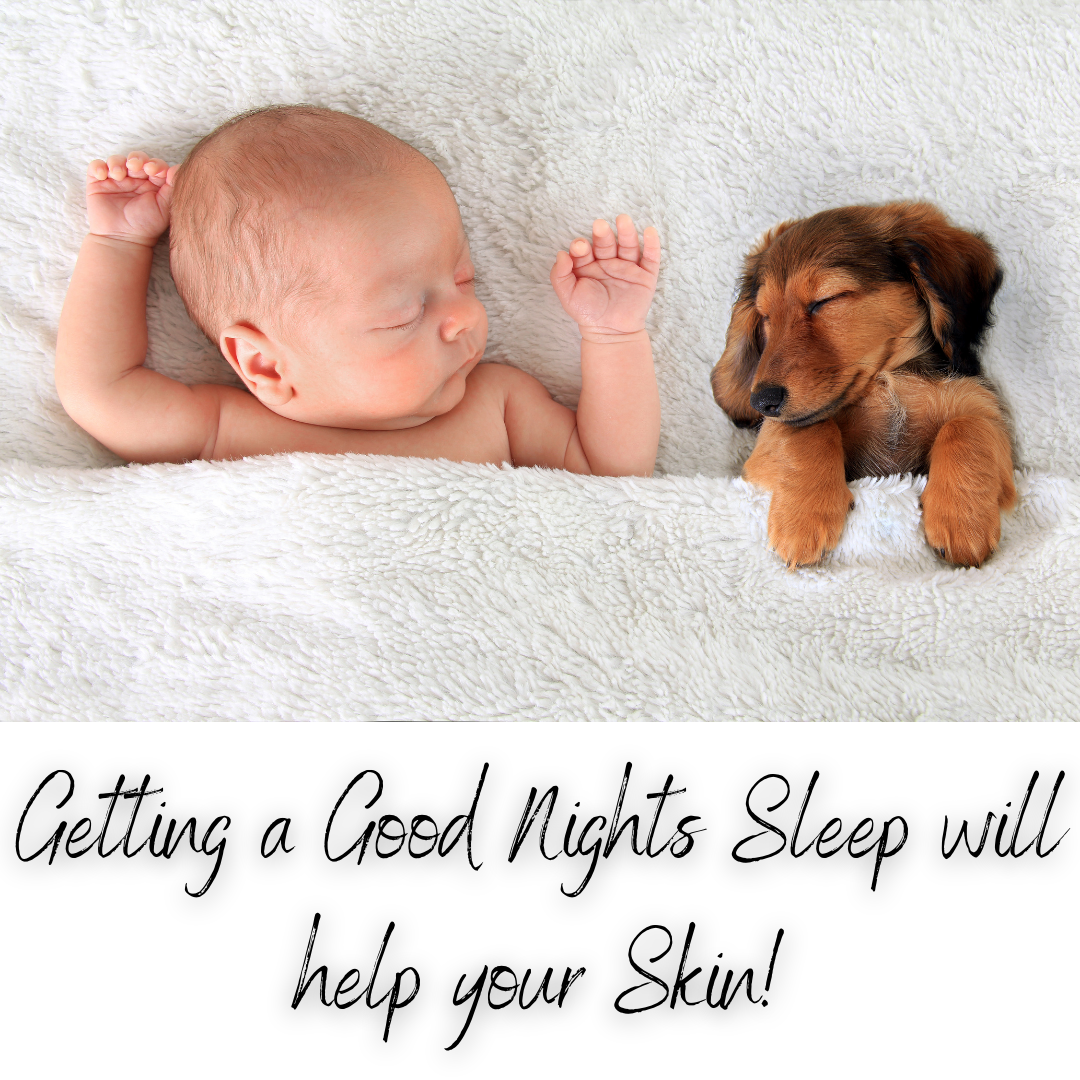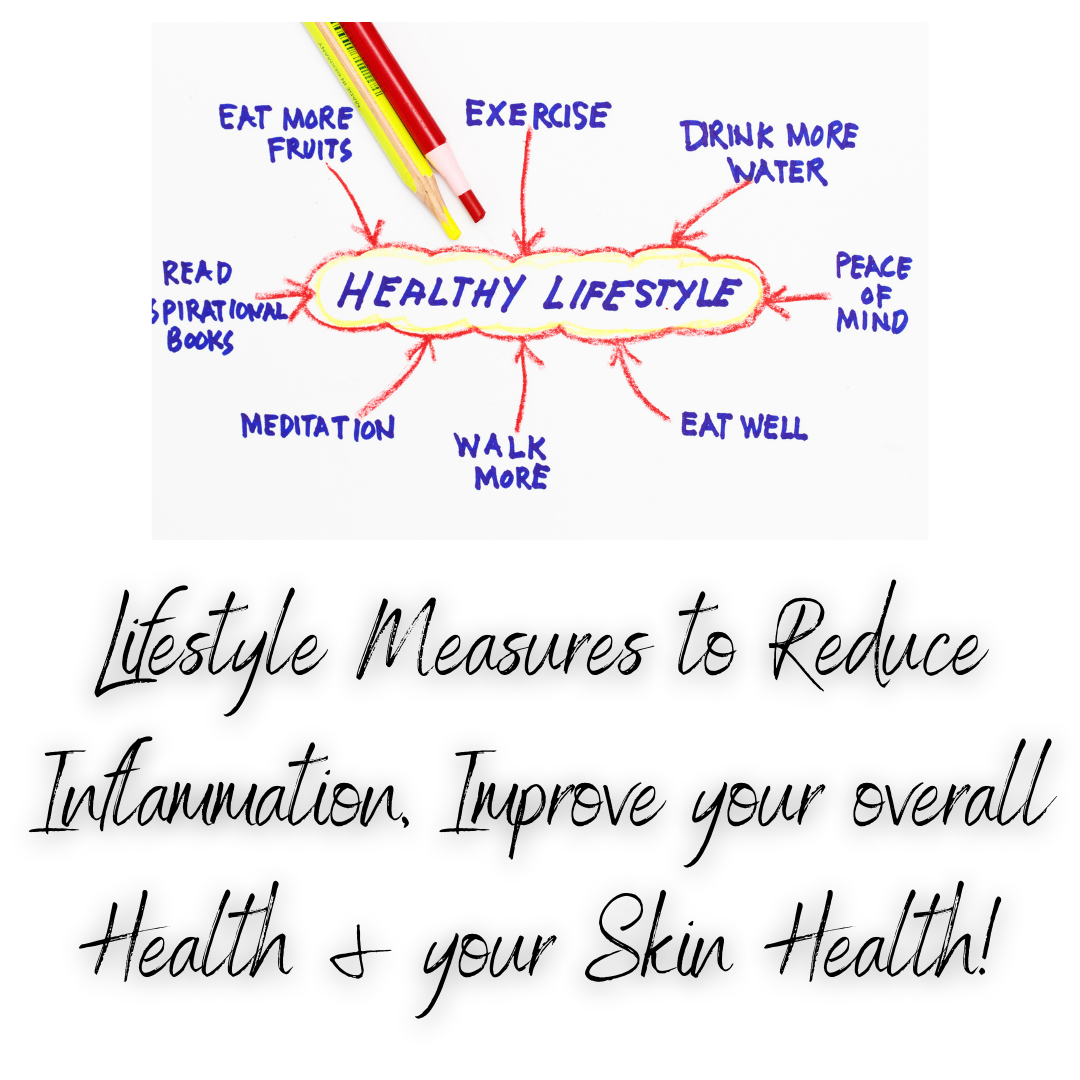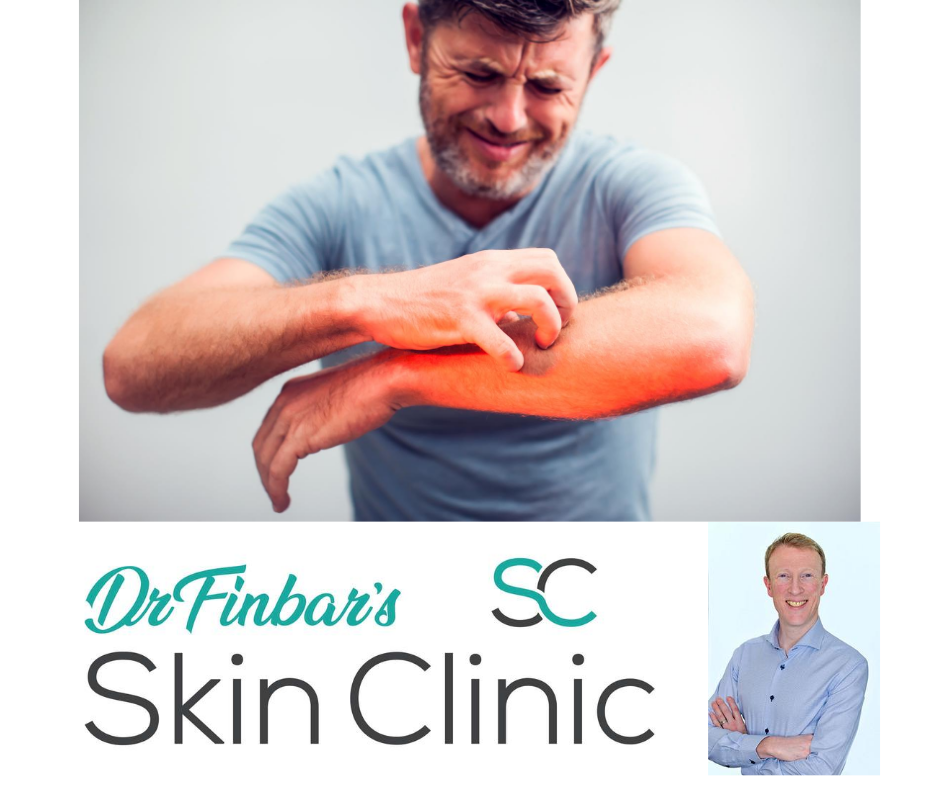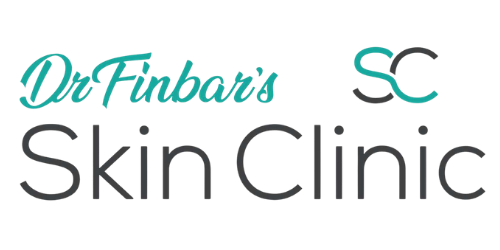ROSACEA
Background
Rosacea is a very common skin condition.
It mainly affects the face, specifically the nose and cheeks, but there are subtypes that effect around the lips and mouth, eyes and forehead.
The main features are red spots and/ or redness of the skin.
It is often mistaken for acne, (and sometimes eczema), but there are features that can be seen on examination that your trained skin specialist can identify to make the diagnosis.
What are the main Symptoms?
Similarly to eczema, patients with rosacea have a dysfunctional skin barrier.
Therefore, water is lost from the skin and the skin is often sensitive and irritable- so any topical preparations that contain moisture and are not irritant can help rebuild the skin barrier.
So there is no harm in using anything that doesn’t irritate the skin and can moisturise it.
- Redness (erythema)

- Spots (papules & Pustules)

Other symptoms
Some people also get a stinging and burning sensation, and eye symptoms, such as bloodshot or red eyes and eyelid problems.
Subtypes:
In addition to the spots and redness, telangectasia (fine blood vessels) may be seen. These blood vessels can also be seen in people with UV damage and those who drink too much alcohol.
Rhinophyma
This is a very severe form of rosacea that affects the nose and causes thickening of the skin.

Telangectasia:
The redness (erythema) and telangectasia can be improved with prescription treatments, but if that fails, then laser treatment can be very effective.

Perioral Dermatitis
This is a subtype of rosacea and can be very annoying. Many people have seen an explosion of this condition due to wearing facemasks.
There are prescription treatment available for this.

Triggers
(Potentially)
- Temperature related- hot tea & coffee
- Alcohol
- Capsacin containing foods- chillies, peppers.
- Foods that contain cinnamaldehyde include tomatoes, citrus, cinnamon, and chocolate.
These can cause opening of the blood vessels and flushing. Note, this is not histamine related and is not an allergy, so there is no need for allergy testing.
Steroids sometimes given (e.g. hydrocortisone) by mistaken diagnosis of eczema can also make rosacea worse.
My Dietary recommendations:
Here are some dietary considerations I recommend to my patients with rosacea:
- Keep a food diary and try to identify link with certain foods and rosacea flares.
- Avoid processed foods (basically anything in a packet!)
- Avoid refined sugars and high glycaemic foods. Our modern western diet is full of processed foods and highly refined carbohydrates. Reducing Foods with a high glycemic index are rapidly digested and absorbed, resulting in marked fluctuations in blood sugar levels. This could potentially lead to inflammation, which in turn may contribute to the progression of rosacea
- Consider an elimination diet: remove foods with cinnamaldehyde (like tomatoes, citrus fruits, cinnamon, and chocolate) and other like spices and peppers for 4-8 weeks. Note any changes to your rosacea over this time. Slowly reintroduce (if you want to) a food back in every few days and observe for changes to you skin.
- Try to eat a wide variety of colourful whole foods and fibrous carbs- basically think vegetables which grow above ground.
- Consider adding an good Omega 3 supplement, I use Balance Oil https://www.zinzino.com/shop/2013422820/GB/en-GB/ShareCart/OpenCart/8ce5195e-21fe-4b4a-a751-bad292cea77e
- Consider a prebiotic and probiotic supplement. https://www.zinzino.com/shop/2013422820/GB/en-GB/ShareCart/OpenCart/da0277d2-29e7-4ca4-b16a-c4c4667ed273
UV protection
UV light can also be a trigger and, as usual, it's important for everyone to protect their skin from UV (Ultra Violet / sunlight).
Skin Consultation with Dr Finbar
At our consultation I will talk to you about your concerns and confirm the diagnosis (not everyone has rosacea!)
I will discuss a range of treatments depending on the severity of your condition.
These may include general advice on lifestyle as described above and advising on specific treatments or supplements. I will take into account your personal views and health practices.
I prescribe a range of treatments (some) not available to your GP. These depend on how severe your condition is and what treatments you have used in the past.
Isotretinoin (Roaccutane) is a powerful form of Vitamin A and is used only in more severe cases which haven't improved with other treatments; this requires blood testing, and pregnancy testing in females. (Click Below for pricing information on a course of Roaccutane).
Share this post on:
Copyright © 2023 Dr Finbars' Skin Clinic All rights reserved.
